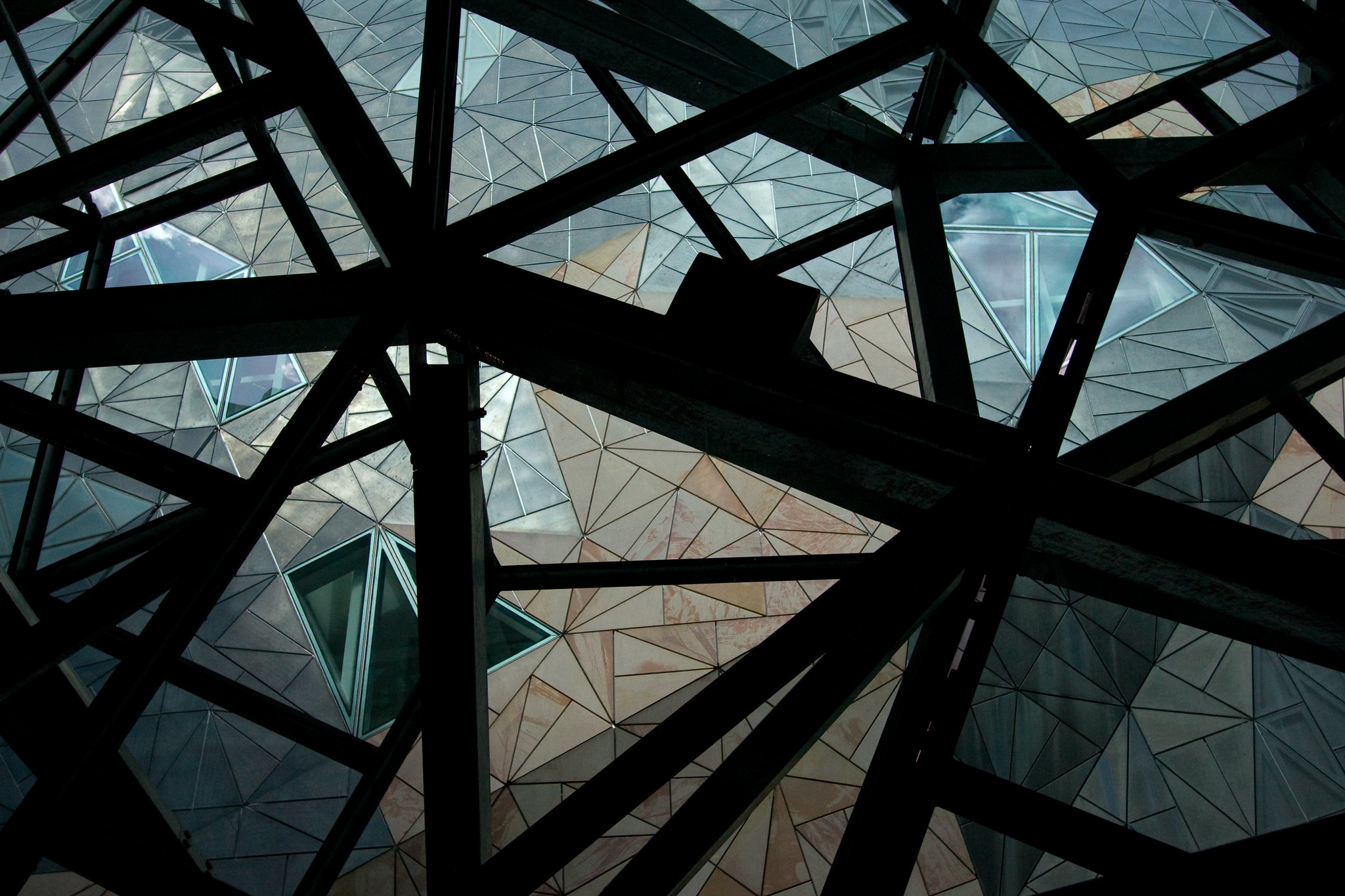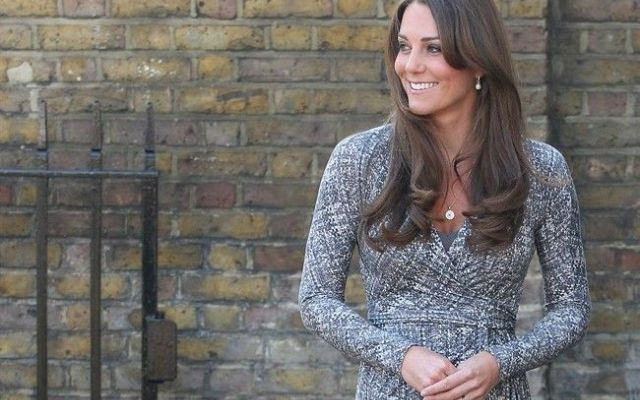Muslim Microlessons are regular spiritual nuggets by Omer Mozaffar, who has received Islamic studies training both through traditional and academic sources, and has addressed theological, personal, social matters for college students of all sectarian outlooks.
We commonly raise our Muslim children to have one foot in this world and the other foot in the next. The result is a schizophrenia in which we hold the two in mutual opposition. The result is not an ethos of singular excellence, but mediocrity in this world, mediocrity regarding the next. We see this mediocrity manifest in our approach to so many aspects of life: a mosque with an elaborate facade that is neither maintained nor properly staffed, a community whose social consciousness is found in sermons and political talking points without the engagement involved in addressing material, mental, emotional, and spiritual needs.
We look to the Qur’an’s depictions of the Pharaoh not only to learn various lessons from the story of Musa (Moses), may peace be upon him, but to also understand the tactics of a tyrant. In the process of elevating himself to the level of divinity, he split his population into factions opposing each other. His was the ultimate narcissism — to declare himself as God — the sustenance of which required keeping his populations enslaved.
We also see in the depictions of those whom Allah rescued from Pharoah that they continued their rivalries against each other: they inherited his narcissism. Unable to exercise gratitude for receiving not only freedom but every luxury of the world, they wanted more. Liberation from slavery did not give them liberation from being enslaved.
Who, or what, is the pharoah of our community? Is it the colonizers who dominated nearly every inch of Muslim land, keeping them subjugated through colossal loans? Is it the secular capitalist nation-state system pretending to be without religion as it subdues all religion? Is it the charismatic Muslim preachers who pay us with sugar-coated verses as we fawn over them? What about the populations we subjugate through our discount lifestyles?
As was the case with those liberated from the Pharoah, if we removed all the layers of subjugation from us, we would not be liberated, especially if we subjugate others. Rather, we would not be able to remove any of those dominating layers without liberating ourselves within our circumstances *and* we would not be liberated until we first liberate ourselves within our circumstances.
Until then, we find ourselves locked in a culture of self-determined fragmentation. These community splits are not determined by the pharaonic layers above us, for their missions have been to re-form society through disconnected re-formed individuals.
Rather, our community fragmentation takes the form of academic analysis, legal disagreements, class differences, but is so often the attempt to exert power over and humiliate each other by isolating and ostracizing those whom we cannot outsmart. Even our attempts at dominance are mediocre.
We already know that personal, internal liberation from the world’s systems comes through submission to the Divine, which includes subjugating our narcissisms. But if the Pharaoh’s methods — though futile — were not so powerful, he would not be given the attention the Divine gave.
And Allah knows best.
Photo Credit





